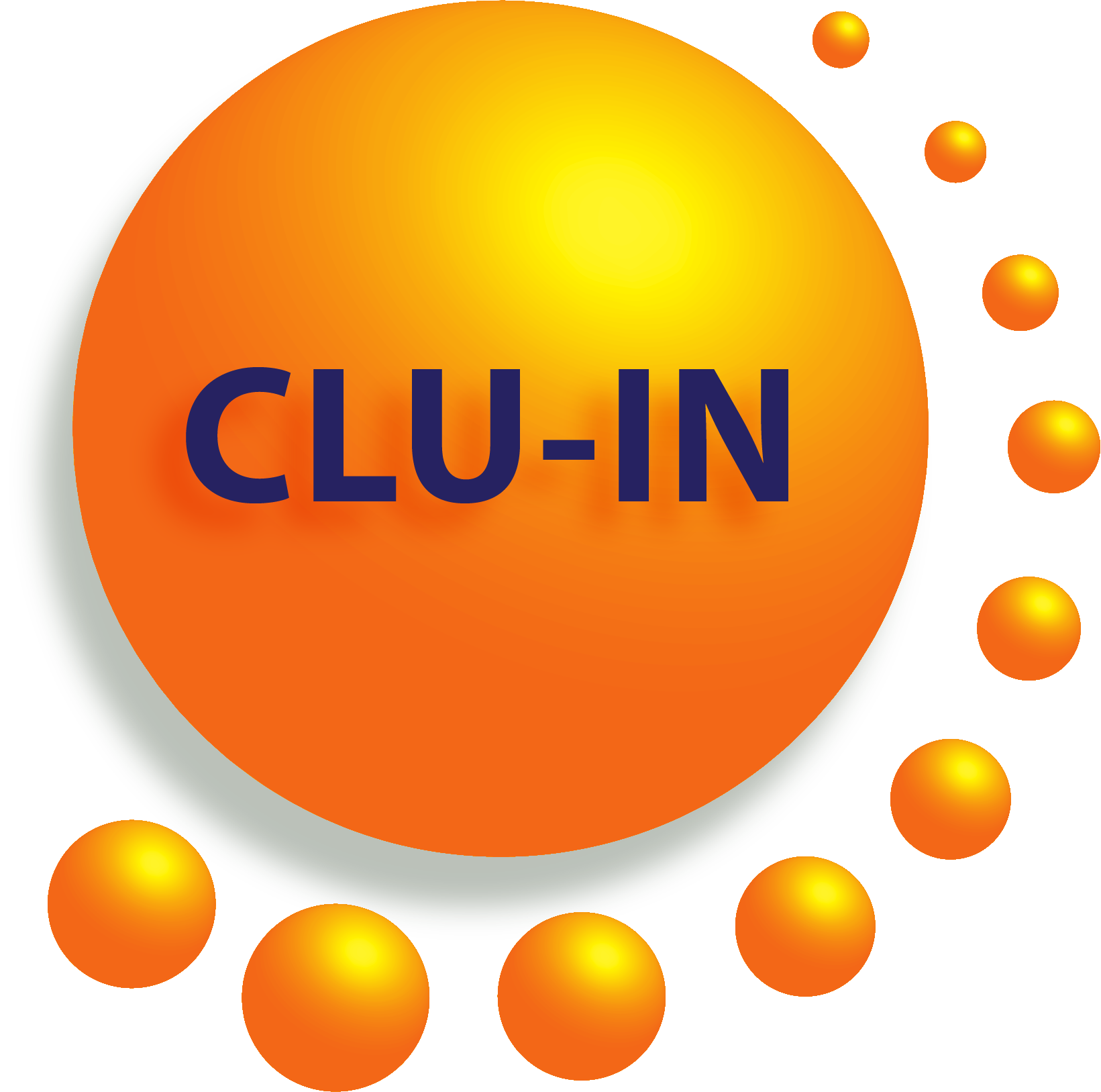SRP Progress in Research Webinar: Session II — Heavy Metals in Native American Communities
Sponsored by: NIEHS Superfund Research Program
This Progress in Research webinar series will showcase research from 11 new and renewed Multiproject Center grantees, funded by SRP in 2022. These awards were made as part of the P42 grant solicitation RFA-ES-20-014. In the four-part series, awardees will highlight their research projects, accomplishments, and next steps.
The University of New Mexico SRP Center collaborates with Indigenous partners from Navajo Nation and Laguna Pueblo to reduce the health risks associated with exposure to metal mixtures from abandoned uranium mines. Center scientists use community informed, solution-oriented team science to prevent exposures and protect health through development of partnered environmental and clinical interventions.
The Columbia University Northern Plains SRP Center studies hazardous metals in drinking water, which are common contaminants near Superfund sites and abandoned uranium mines that play a role in the high burden of heart disease and diabetes affecting Tribal communities in the U.S. Northern Plains. The center will continue to generate knowledge to understand the underlying mechanisms and possible solutions to exposures to hazardous metal mixtures using systems science, local community knowledge, and novel remediation technology.
To learn about and register for the other sessions in this webinar series, please see the SRP website.
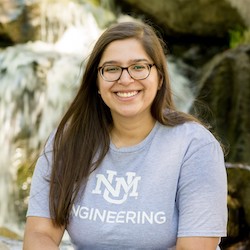 Anjali Mulchandani, Ph.D., University of New Mexico (anjalim@unm.edu)
Anjali Mulchandani, Ph.D., University of New Mexico (anjalim@unm.edu)
Anjali Mulchandani, Ph.D., is an Assistant Professor in the Department of Civil, Construction and Environmental Engineering at the University of New Mexico (UNM). She leads the Environmental Resource Sustainability group, which studies themes related to environmental and water resources engineering, atmospheric water harvesting, waste-to-energy technologies, and environmental remediation. Her work integrates and highlights science communication and needs-based research from the perspectives of industry and impacted communities. Her passions include designing hands-on learning tools and leading public outreach initiatives for STEM awareness and engagement among all levels of learners. Previously, Dr. Mulchandani was a postdoctoral research scholar at Stanford University. She earned her M.S. and Ph.D. from Arizona State University and B.S. from UCLA. She is the recipient of several awards, including the UNM School of Engineering Junior Faculty Teaching Excellence Award, the UNM ADVANCE Women in STEM Award, the NSF Graduate Research Fellowship, and the Arizona State University Engineering Dean's Dissertation Award.
 Alicia Bolt, Ph.D, University of New Mexico (ambolt@salud.unm.edu)
Alicia Bolt, Ph.D, University of New Mexico (ambolt@salud.unm.edu)
Alicia Bolt, Ph.D., is currently an Assistant Professor in the Department of Pharmaceutical Sciences at the University of New Mexico (UNM), College of Pharmacy. Dr. Bolt received a bachelor’s in Biology from the University of Northern Colorado and a PhD in Pharmacology and Toxicology from the University of Arizona. Dr. Bolt has extensive experience using primary cell differentiation models and multi-parameter flow cytometry as tools to characterize metal-induced toxicity and disease states. She is currently investigating how inhalation exposures to mixed-metal mine site waste leads to pulmonary immune dysfunction and the development of autoimmunity as part of the UNM METALS Superfund research program.
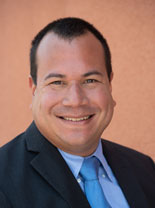 Jose Cerrato, Ph.D., University of New Mexico (jcerrato@unm.edu)
Jose Cerrato, Ph.D., University of New Mexico (jcerrato@unm.edu)
José M. Cerrato, Ph.D., is associate professor and Regents’ lecturer, and associate chair for undergraduate studies in the Department of Civil, Construction & Environmental Engineering at the University of New Mexico (UNM). He obtained a B.S. in civil engineering from the National Autonomous University of Honduras, and M.S. and Ph.D. in environmental engineering from Virginia Tech. He was also a postdoctoral researcher in Washington University in St Louis. He serves as associate director of the UNM Center for Water and the Environment, and Deputy Director of the UNM METALS Superfund Research Center. His research interest is related to biogeochemical processes occurring at molecular and macro scales at the interface of water and energy. He has been a recipient of the National Science Foundation CAREER Award, and Fulbright U.S. Scholar Senior Research Award to Spain.
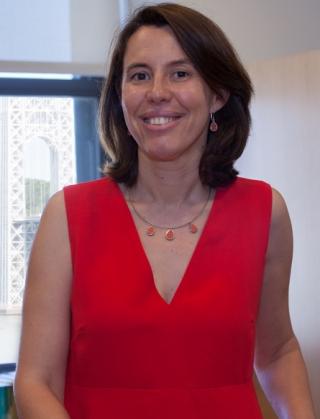 Ana Navas-Acien, Ph.D., Columbia University (an2737@cumc.columbia.edu)
Ana Navas-Acien, Ph.D., Columbia University (an2737@cumc.columbia.edu)
Ana Navas-Acien, Ph.D., is a Professor of Environmental Health Sciences at Columbia University Mailman School of Public Health. Her research and teaching focus on the role of the environment in common diseases with the goal of improving people’s health. She is recognized for bridging medical and environmental health sciences using a participatory approach. She directs the Columbia University Northern Plains Superfund Research Program, a center that integrates science, technology, and traditional knowledge to protect the Northern Plains water resources and Indigenous communities from hazardous metal exposures.
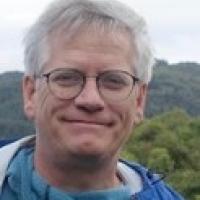 Steve Chillrud, Ph.D., Columbia University (chilli@ldeo.columbia.ed)
Steve Chillrud, Ph.D., Columbia University (chilli@ldeo.columbia.ed)
Steve Chillrud, Ph.D., is a Lamont Research Professor at Lamont-Doherty Earth Observatory of Columbia University. He is an environmental geochemist who has specialized in exposure assessment and remediation issues related to air, water, and soil contamination. Steve is the co-Director of the CUNP-SRP, the principal investigator of Project 1, and a co-investigator on Project 5.
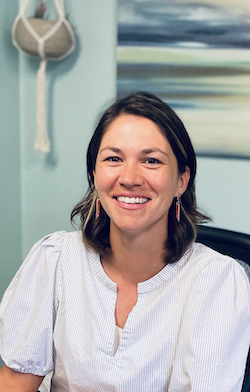 Rae O'Leary, Missouri Breaks Industries Research, Inc. (rae.oleary@mbiri.com)
Rae O'Leary, Missouri Breaks Industries Research, Inc. (rae.oleary@mbiri.com)
Rae O’Leary is a member of the Turtle Mountain Band of Chippewa. She conducts research and leads public health initiatives for Missouri Breaks Industries Research, Inc. (MBIRI), which is located on the Cheyenne River Sioux Reservation in South Dakota. Rae has led public health policy and research initiatives in the areas of commercial tobacco prevention, Tribal COVID response, environmental health, and maternal child health. For the Columbia University Northern Plains Superfund Research Program (CUNP-SRP), Rae leads the community engagement core with Ben Bostick from Columbia University and oversees the collaborations between MBIRI and all the academic partners that make up the CUNP-SRP.
Moderator:
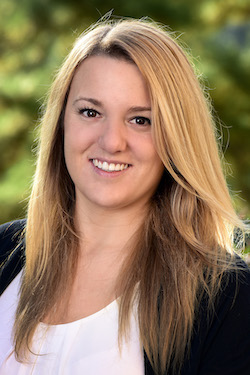 Brittany A. Trottier, Health Specialist, Superfund Research Program, National Institute of Environmental Health Sciences (brittany.trottier@nih.gov)
Brittany A. Trottier, Health Specialist, Superfund Research Program, National Institute of Environmental Health Sciences (brittany.trottier@nih.gov)
Brittany Trottier, M.P.H., is a Health Specialist with the Superfund Research Program (SRP). She provides program analysis and support of SRP activities, supports communication of SRP grantees’ scientific accomplishments, and serves as the lead for SRP community engagement activities. She also oversees the Conference Grant portfolio for SRP and serves as the Program Manager for the KC Donnelly Externship Award Supplement to promote translational and transdisciplinary efforts in graduate and post-doctoral for SRP trainees. She received her Master’s in Public Health from the Milken Institute School of Public Health of The George Washington University in 2017 and has a Bachelor of Arts in Chemistry from Adrian College.
Webinar Slides and References:
-
 Slide Presentation for University of New Mexico (2.32MB/PDF)
Slide Presentation for University of New Mexico (2.32MB/PDF)
-
 Slide Presentation for Columbia University - Northern Plains (5.36MB/PDF)
Slide Presentation for Columbia University - Northern Plains (5.36MB/PDF)
Additional Resources:
- Read more about Mallery Quetawki's work, artist-in-residence with the University of New Mexico SRP Center
- Check out the Columbia University Northern Plains SRP Center's Canli Tobacco Coalition Toolkit and framework
 NIEHS Superfund Research Program Fact Sheet
NIEHS Superfund Research Program Fact Sheet - NIEHS "Limited Competition: Superfund Hazardous Substance Research and Training Program (P42 Clinical Trial Optional)” funding opportunity, RFA-ES-23-001.
- NIEHS Superfund Research Program Funding Opportunities webinar on May 15, 2023, from 12-1 pm EDT.
- Email srpinfo@mail.nih.gov to be added to the SRP Risk e-Learning listserv.
Thank you for participating in our webinar. We would like to receive any feedback you might have that would make this service more valuable.
Help & FAQs
- Frequently Asked Questions
- Content Questions?
Call Mali Velasco Delgado at 919-794-4708 or mali.velascodelgado@nih.gov - Technical Problems?
Leave us a comment - Cancel Your Registration
- My Participation Records
- CEU Credits and PDHs
Zoom Resources
Before Webinar Day
This seminar will be delivered through Zoom. Participants are encouraged to update to the latest version of the Zoom application for the best experience.
If you are unable to install the Zoom application, most functions will be available if you join just using a modern web browser such as Chrome, Edge or Firefox. We strongly encourage you to run the Zoom Meeting Test prior to attending this webinar. Technical support on the day of the webinar will be very limited and subject to significant delays.
Backup Conference Call
If you cannot participate using online audio, you may join the optional call in line. After checking in for the live event using the instructions listed below, you will see several options to participate. Please click the links in option 4 to follow along by phone and obtain the call in number. If you cannot access the phone number, you may request the call in line from the event moderator in the Q&A or send an email to Jean Balent at balent.jean@epa.gov
Click on "Join Webinar" at the top of this screen, enter your exact first and last name as you registered and enter the number of people attending at your location (including yourself). You should then be taken to the Zoom meeting room. Join with Zoom Application: For those joining with the Zoom application, you may be prompted to sign with a zoom account or join as a guest without signing in.
If joining as a guest, you will be prompted to enter your name and email address. Remember your name, image, video or voice may be visible to others in the live event. When done, click "Join" When it is time for the live event to start, the meeting host will admit you to the live Zoom meeting. Join via web browser (without the Zoom Application): For those joining with a web browser, you may close any pop ups prompting you to download the Zoom app. The next window will allow you to enter your name (first name and last name) and check the box that you are not a robot. Click the blue join button. You may also be asked to provide your email address before joining the room. Remember your name, image, video or voice may be visible to others in the live event. When done, click "Join" When it is time for the live event to start, the meeting host will admit you to the live Zoom meeting. You may need to periodically refresh the browser window to confirm if the host has admitted you. The presenters will control what slide you are viewing. You may submit questions online for the instructors to answer during the webinar by typing in the "Q&A" area. It is not necessary to wait until the question and answer periods to submit questions. At the end of the webinar you will be guided to our feedback form and links to additional resources, including the complete presentation. These links will remain active after the webinar. Provided for your convenience. Importing or accepting the invitation within this iCalendar file is not required, and declining the invitation does not cancel your registration. For additional information on iCalendar, please see our
iCalendar Help It is EPA's policy to make reasonable accommodation to persons with disabilities wishing to participate in the agency's programs and activities, pursuant to the Rehabilitation Act of 1973, 29 U.S.C. 791. Any request for accommodation should be made to at or , preferably one week or more in advance of the webinar, so that EPA will have sufficient time to process the request. EPA would welcome specific recommendations from requestors specifying the nature or type of accommodation needed. EPA welcomes specific recommendations from requestors specifying the nature or type of accommodation needed. Please note that CLU-IN provides both alternate phone call-in options and closed captioning for all webinars, and requests for these specific accommodations are not necessary.
Webinar Day, Checking In
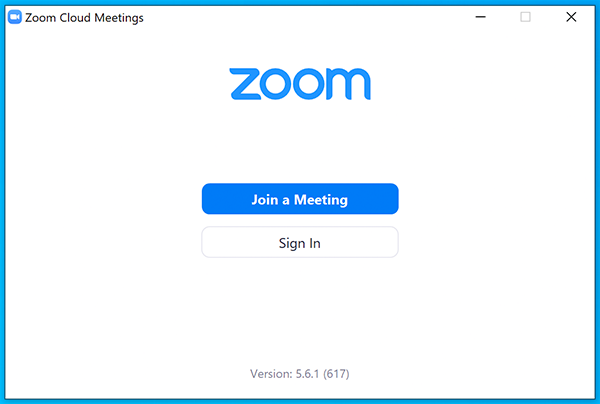
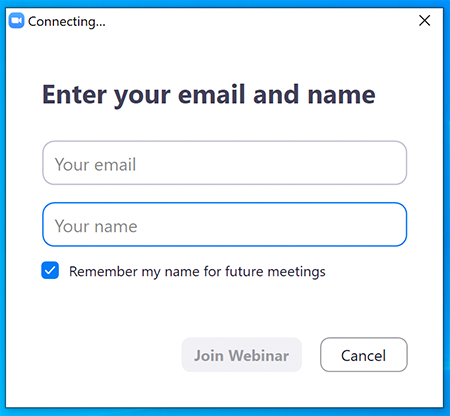
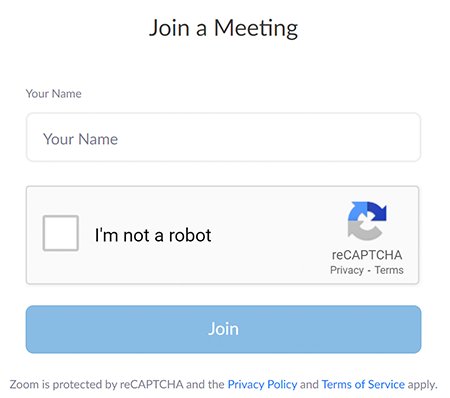
Moving Through Slides
Feedback & Links to Additional Resources
iCalendar File
Rehabilitation Act Notice for Reasonable Accommodation
Rehabilitation Act Notice for Reasonable Accommodation
It is EPA's policy to make reasonable accommodation to persons with disabilities wishing to participate in the agency's programs and activities, pursuant to the Rehabilitation Act of 1973, 29 U.S.C. 791. Any request for accommodation should be made to at or , preferably one week or more in advance of the webinar, so that EPA will have sufficient time to process the request. EPA would welcome specific recommendations from requestors specifying the nature or type of accommodation needed. EPA welcomes specific recommendations from requestors specifying the nature or type of accommodation needed. Please note that CLU-IN provides both alternate phone call-in options and closed captioning for all webinars, and requests for these specific accommodations are not necessary.
Webinar Recording
By participating in this CLU-IN webinar, you automatically agree to authorize recording of audio and visual content presented during this live event and consent to subsequent use of this recording in the public domain by the U.S. Environmental Protection Agency. This recording may include questions, comments and poll responses provided by you during the live event in addition to your name, voice, image or likeness. This recording will be made available after the conclusion of the live event as part of the CLU-IN webinar archives, and will remain available indefinitely. If you do not wish to consent to the recording, please do not join the live event, and contact Jean Balent at 202-566-0832 or balent.jean@epa.gov to discuss your concerns.
Content Disclaimer
This webinar is intended solely to provide information to the public. The views and opinions expressed as part of this webinar do not necessarily state or reflect those of the U.S. Environmental Protection Agency. It is not intended, nor can it be relied upon, to create any rights enforceable by any party in litigation with the United States, or to endorse the use of products or services provided by specific vendors. With respect to this webinar, neither the United States Government nor any of their employees, makes any warranty, express or implied, including the warranties of merchantability and fitness for a particular purpose, or assumes any legal liability or responsibility for the accuracy, completeness, or usefulness of any information, apparatus, product, or process disclosed, or represents that its use would not infringe privately owned rights.

